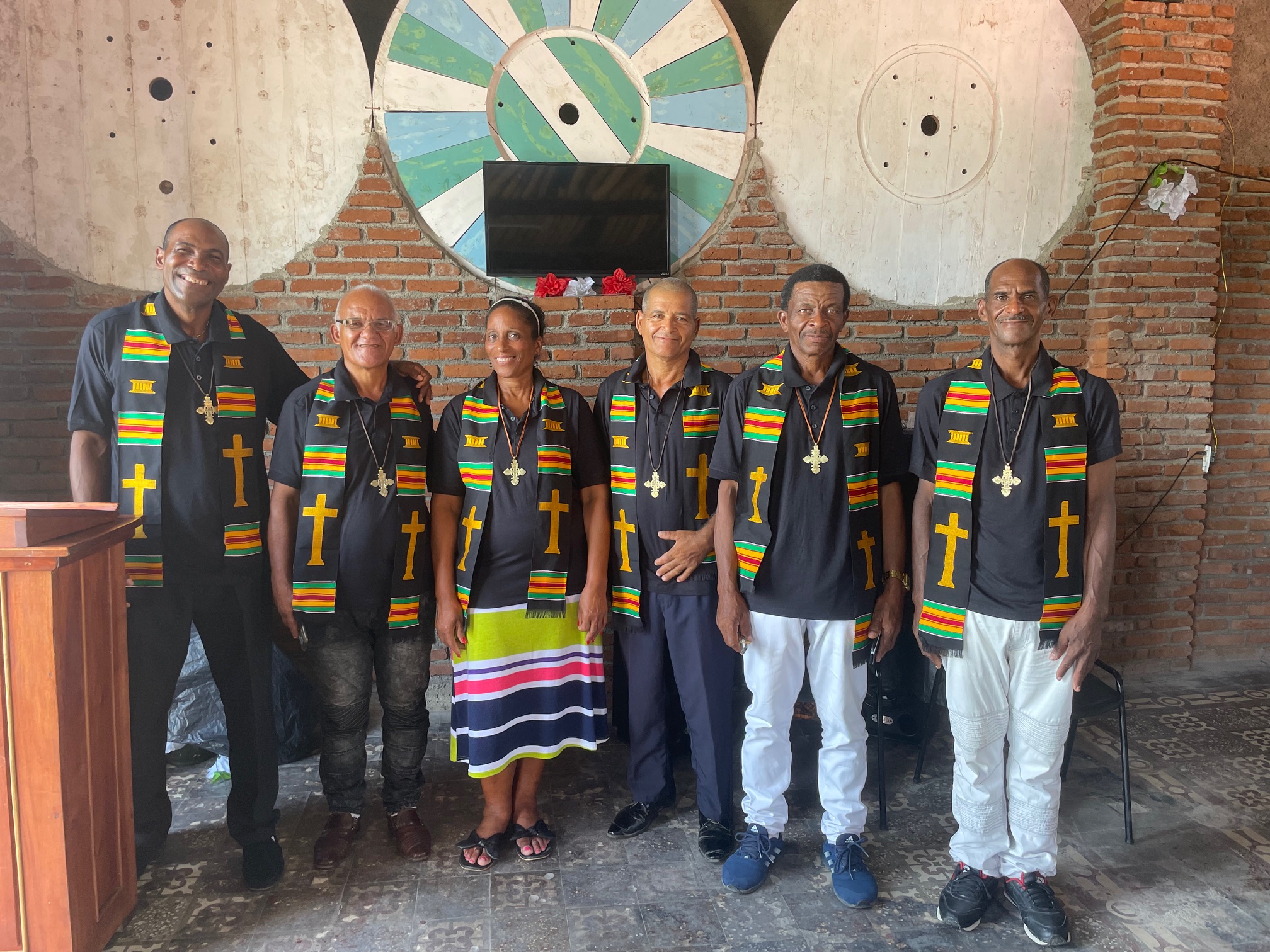The AME Church in Cuba and Brazil, Part I
Rev. Dr. Melinda Contreras-Byrd, Contributing Writer
When I assumed the role of Dean of The Dominican Republic Conference African Methodist Episcopal Church Ministerial Institute under the Leadership of then Bishop E. Ann Henning Byfield, my vision was to create and offer an opportunity in which I could inform pastors about how the needs and thoughts of Black Spanish-speaking Christians interpret and live out the gospel, and the kingdom of God. Through the institute’s readings of Latin American liberation theologians, candidates are challenged to think about issues of poverty, inequality, and injustice and how their faith relates to the reality and effects of racial and cultural domination. Recently, I assumed Cuba and Brazil as a part of my teaching roster.
Last summer, I planned to visit Cuba to meet the pastors who had already begun taking my online courses. As plans were being made, difficulties began to arise. (Traveling to Cuba is no easy thing.) There are government forms from both their government and ours. Flights are very limited, with early morning departures. The luggage allowance is also limited, with a United States charge of $150 for each extra suitcase.
The U.S. has had expanding and continuing embargos against Cuba since 1958, and presently, financial interaction/support of the Cuban Government is prohibited. Because the U.S. has added Cuba to its International Terrorist List, U.S. credit cards cannot be used, and everything must be paid for in cash—Cuban cash. According to journalist William Leogrande, “The embargos prohibit the subsidiaries of U.S. companies that operate in other countries from trading with Cuba. — It prohibits other countries from exporting to Cuba.” As such, hospitals lack lifesaving medications, food is scarce, and there are daily power failures and limited technology. For years, Pastors for Peace, an organization begun by the Rev. Lucius Walker (and part of The Interreligious Foundation for Community Organization), has defied U.S. sanctions, bringing food and medicine to the island by ship.
My daughter, Alexa, and I made the trip to Cuba. What a blessed and wonderful time we had. We selected Santiago de Cuba as our base. It is the area where the largest Black population resides. We stayed in Casa Particulars rather than hotels. Daily classes were held in a rustic space offered to us by members of the Mennonite Church.
Our seven ministers, minus one who contracted Dengue Fever, learned about the story of Richard Allen, the founding of the AMEC, and its importance in Black American history. There were tears as the pastors shared the stress that they were under. In addition to the losses caused by the embargos, the psychological and spiritual effects of the many deaths due to COVID-19 were exacerbated by the loss of farmers and others who grew the food. They shared the heartbreak of not having food for themselves and having nothing to give to the neighbors who sought them for food to help stave off starvation.
The generosity of a denominationally diverse group of Black Christians from the U.S. enabled us to come together for three meals each day. I was devastated to see that even the restaurants lacked beans to go with the rice! It was embarrassing to pull out a stack of Cuban money at each meal to pay for our meals. It was heartbreaking that the pastors were so grateful for the food and careful not to eat too much!
We sang and prayed together, and the Spirit translated our deepest feelings into our worship; unity was born. I preached the meaning of the Church of Jesus Christ and the goal of love and unity. Alexa and I passed out items we had brought—medicine, t-shirts, clergy stoles, pens, pads, and money. It was all so meager concerning the needs we saw; however, it was all we two women could carry. And it was so greatly appreciated.
If God permits, I will return this summer with food and gifts and once again pray for the miracle of the fish and loaves that will take my little and make it much for the sake of the Kingdom.





